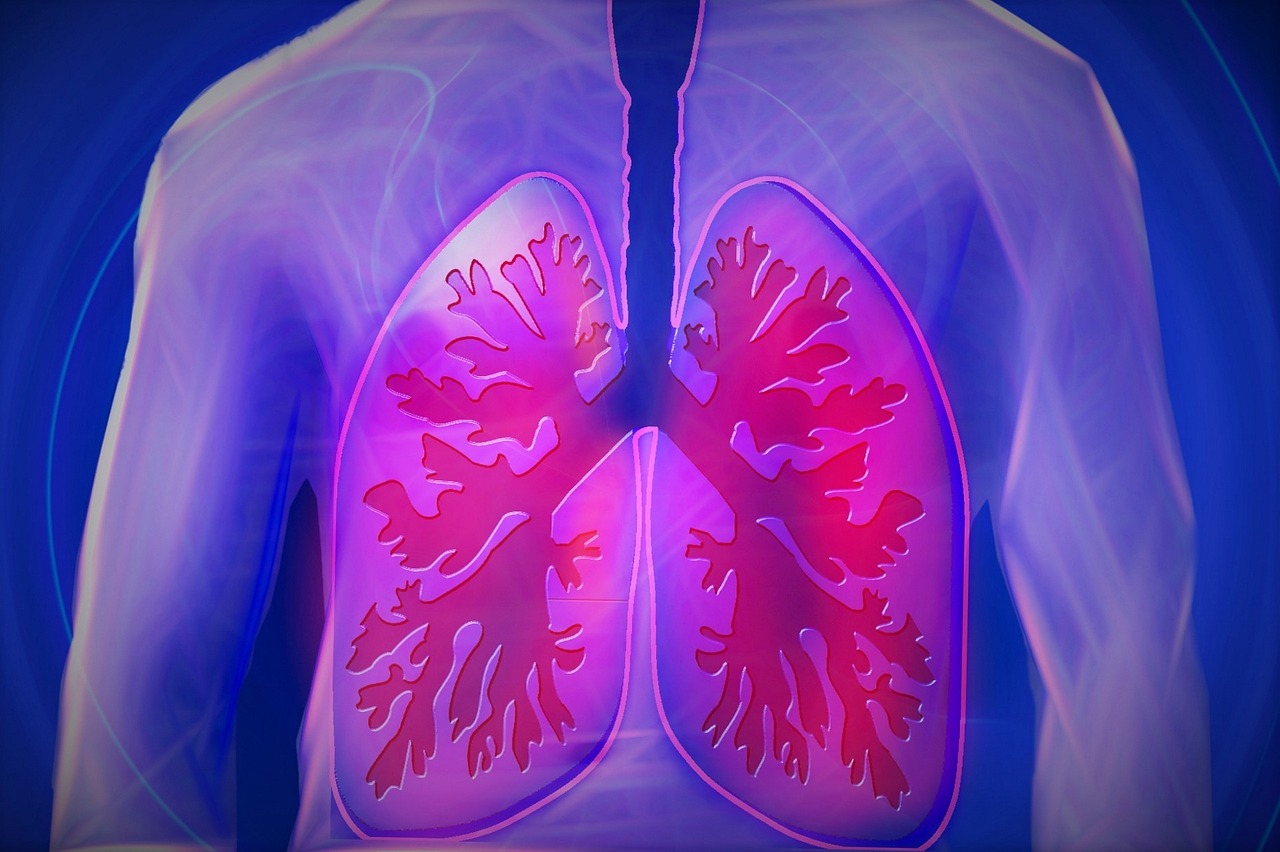
Respiratory Care Week: Breathing Easy with Senior Respiratory Health
As we celebrate Respiratory Care Week, it’s important to highlight a critical aspect of health that often doesn’t get the attention it deserves—respiratory health in seniors. With age, our bodies go through various changes, and the respiratory system is no exception. Breathing becomes more labored, lung capacity decreases, and the risk of respiratory diseases increases. However, with the right knowledge and care, seniors can maintain optimal respiratory health and continue to breathe easy.
The Importance of Respiratory Health in Seniors
Respiratory health is crucial for overall well-being, especially in older adults. The respiratory system, which includes the lungs, airways, and muscles involved in breathing, is responsible for delivering oxygen to the body and removing carbon dioxide. As we age, these systems gradually lose efficiency. The lungs become less elastic, the diaphragm weakens, and the chest wall stiffens. These changes can lead to reduced lung capacity and make it harder to breathe deeply.
Moreover, seniors are more susceptible to respiratory illnesses such as chronic obstructive pulmonary disease (COPD), pneumonia, and asthma. These conditions can significantly impact the quality of life, leading to frequent hospitalizations, reduced mobility, and even premature death. Therefore, maintaining respiratory health is essential for seniors to enjoy a good quality of life.
Common Respiratory Issues in Seniors
1. Chronic Obstructive Pulmonary Disease (COPD): COPD is a group of lung diseases, including emphysema and chronic bronchitis, that block airflow and make breathing difficult. It is one of the leading causes of death among seniors. Smoking is the most common cause, but long-term exposure to air pollution, chemical fumes, and dust can also contribute.
2. Pneumonia: Pneumonia is an infection that inflames the air sacs in the lungs, causing them to fill with fluid or pus. It can be particularly dangerous for older adults due to their weakened immune systems. Vaccination and good hygiene practices can help reduce the risk.
3. Asthma: Asthma is a condition where the airways narrow and swell, making breathing difficult. While asthma is often associated with younger people, it can develop or worsen in older adults. Managing asthma in seniors can be challenging due to the presence of other chronic conditions and the side effects of medications.
4. Pulmonary Fibrosis: This condition involves scarring of the lung tissue, leading to stiffness and difficulty breathing. The cause is often unknown, but it can result from long-term exposure to certain toxins or as a complication of other respiratory diseases.
5. Lung Cancer: The risk of lung cancer increases with age, and it remains one of the leading causes of cancer-related deaths in seniors. Smoking is the primary risk factor, but non-smokers can also develop lung cancer due to genetic factors and environmental exposures.
Promoting Respiratory Health in Seniors
The good news is that there are several ways seniors can maintain and even improve their respiratory health. Here are some tips to help seniors breathe easier:
1. Quit Smoking: If you smoke, quitting is the single most important step you can take to improve your respiratory health. Smoking damages the lungs and airways, increasing the risk of respiratory diseases. It’s never too late to quit, and the benefits are significant at any age.
2. Stay Active: Regular physical activity helps strengthen the respiratory muscles, improve lung capacity, and boost overall health. Activities like walking, swimming, and yoga are excellent choices for seniors. Even light exercises such as stretching and breathing exercises can be beneficial.
3. Get Vaccinated: Vaccinations can help prevent respiratory infections like pneumonia and the flu, which can be severe in older adults. The pneumococcal and annual flu vaccines are particularly important for seniors.
4. Maintain a Healthy Diet: A balanced diet rich in fruits, vegetables, whole grains, and lean proteins can support respiratory health. Certain nutrients, such as antioxidants, can help protect the lungs from damage. Staying hydrated is also crucial as it helps keep the mucous membranes in the respiratory system moist.
5. Manage Chronic Conditions: If you have a chronic condition like COPD or asthma, it’s essential to manage it properly. Follow your doctor’s advice, take your medications as prescribed, and monitor your symptoms. Regular check-ups can help detect and treat any issues early.
6. Improve Indoor Air Quality: Indoor air pollution can aggravate respiratory problems. Ensure good ventilation in your home, use air purifiers if necessary, and avoid exposure to smoke, dust, and chemicals. Keeping your living environment clean and free from mold is also important.
7. Practice Good Hygiene: Respiratory infections can be particularly dangerous for seniors. Practice good hygiene by washing your hands regularly, avoiding close contact with sick individuals, and wearing a mask during flu season or in crowded places.
Conclusion
Respiratory Care Week is an excellent opportunity to raise awareness about the importance of respiratory health in seniors. By understanding the risks and taking proactive steps to maintain respiratory health, seniors can reduce their risk of developing serious respiratory conditions and continue to enjoy a good quality of life. Breathing easy is not just a matter of comfort—it’s a cornerstone of health and longevity. Let’s take this week to encourage our seniors to prioritize their respiratory health and support them in leading healthier, more fulfilling lives.

